Blog Posts Tagged Structural Mechanics Module
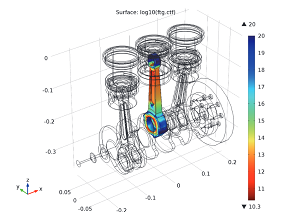
Improving the Operational Lifetime of a Reciprocating Engine
Many of today’s motor vehicles rely on reciprocating piston engines as their source of power. Multibody dynamics analysis can be used to analyze the operation and performance of these engines.
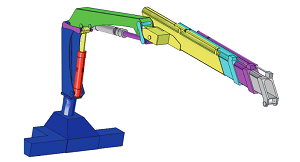
The Motions and Mechanics of a Truck-Mounted Crane
The Truck Mounted Crane tutorial model analyzes the forces on the cylinders and hinges of a crane during an operating cycle, combining multibody dynamics and structural analyses.
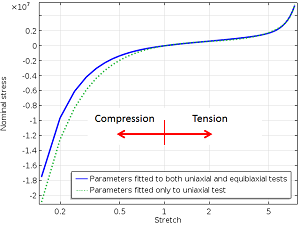
Obtaining Material Data for Structural Mechanics from Measurements
Linear elastic, hyperelastic, nonlinear elastic, plasticity, creep, concrete: COMSOL Multiphysics® contains a number of built-in material models for structural analyses. Get an intro >>
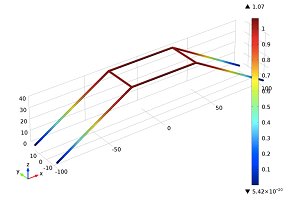
Evaluating the Instability of a Space Arc Frame
Picture the Louvre Pyramid in France: This is a real-world example of a space arc frame. Simulation can be used to evaluate instability in this type of structure.
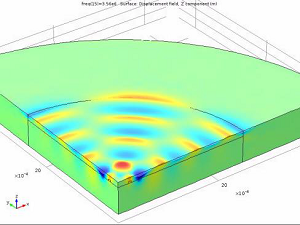
Using Degeneracy Breaking to Design a MEMS Biosensor
Researchers from Newcastle University in the U.K. used simulation to investigate the effects of material and geometric symmetry breaking in a degenerate mode sensor. Get the full story >>
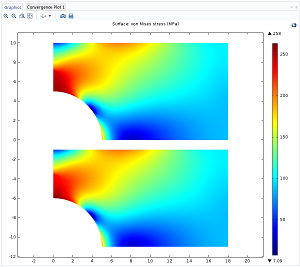
Introducing Nonlinear Elastic Materials
Examples of nonlinear elastic material models: Ramberg-Osgood, Duncan-Chang, Hardin-Drnevich, Power law, and more. We discuss how to apply nonlinear elastic materials in your analyses.
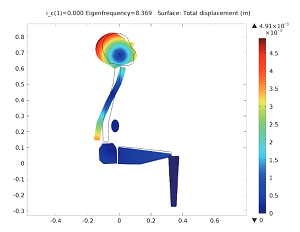
Biomechanical Model Evaluates Human Response to Vibrations
Take a look at a biomechanical model of the human body in a sitting posture, which can be used to analyze how vibrations (like those from a moving vehicle) affect different parts of the body.
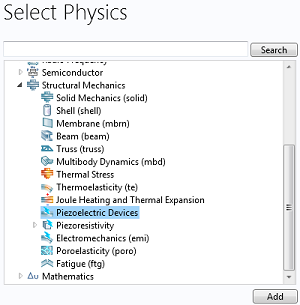
New Piezoelectric Modeling Interface in COMSOL 5.0
As of version 5.0 of COMSOL Multiphysics®, there is a new interface for simulating piezoelectric devices; it has predefined features that make it easy to set up and run a piezoelectric model.
